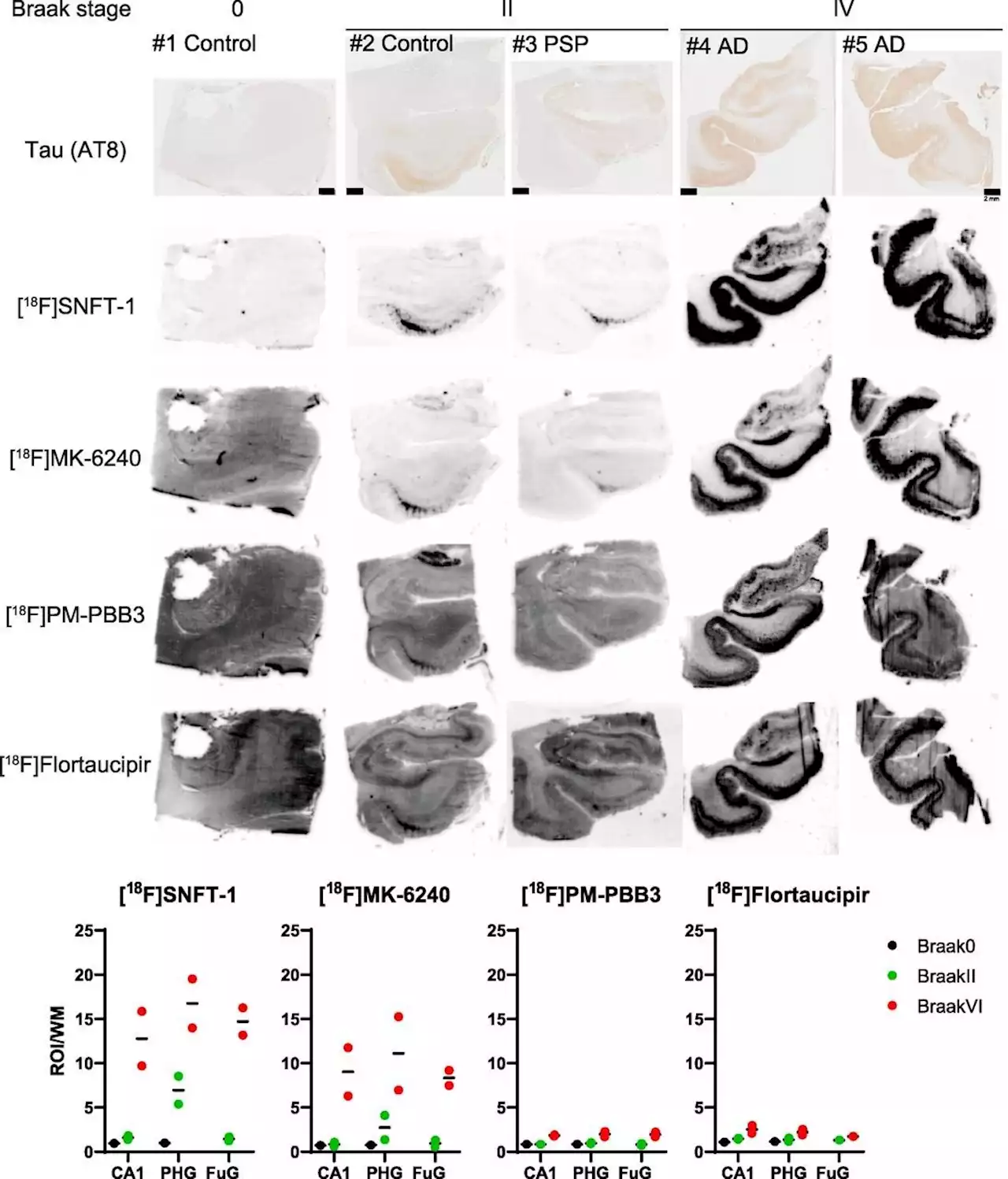Researchers at St Vincent's Hospital in Sydney have achieved a breakthrough in our understanding dementia and new way forward to its treatment. Through their discovery, the team restored nerve cell connections (synapses) that are destroyed in the Alzheimer's brain, which are thought to store memory.
. By flicking the switch in the mice models we use in our research we were able to stop the brain cell connections from breaking down."For many years people have been focusing on removing amyloid from the brain as a pathway to an Alzheimer's cure but without any success.without having to remove any amyloid from the animals' brains resulting in the return of memory.
"Having shown that preventing synapse loss offers a way forward to treating Alzheimer's, our team will now accelerate work towards developing an effective treatment for this devastating disease," Prof Vissel said.Amanda L.
United States Latest News, United States Headlines
Similar News:You can also read news stories similar to this one that we have collected from other news sources.
 Novel tau PET tracer exhibits high sensitivity and specificity, allows earlier identification of Alzheimer's diseaseA new tau PET radiotracer, 18F-SNFT-1, has been found to be more effective than existing tau PET radiotracers in identifying Alzheimer's disease in its earliest stages, according to research published in the September issue of the Journal of Nuclear Medicine.
Novel tau PET tracer exhibits high sensitivity and specificity, allows earlier identification of Alzheimer's diseaseA new tau PET radiotracer, 18F-SNFT-1, has been found to be more effective than existing tau PET radiotracers in identifying Alzheimer's disease in its earliest stages, according to research published in the September issue of the Journal of Nuclear Medicine.
Read more »
 Vascular risk factors influence cognitive health differently in men and women with Alzheimer's diseaseResearchers utilize imaging findings to elucidate how Alzheimer's dementia can present considerable variations depending on the sex of the individual.
Vascular risk factors influence cognitive health differently in men and women with Alzheimer's diseaseResearchers utilize imaging findings to elucidate how Alzheimer's dementia can present considerable variations depending on the sex of the individual.
Read more »
 Hot flashes, yet another early indicator for Alzheimer's diseaseAs if hot flashes alone weren't bad enough for women going through the menopause transition, a new study suggests that, especially when they occur during sleep, hot flashes may be early indicators of a woman's increased risk for Alzheimer's disease (AD). And, the more hot flashes, the greater the disease risk.
Hot flashes, yet another early indicator for Alzheimer's diseaseAs if hot flashes alone weren't bad enough for women going through the menopause transition, a new study suggests that, especially when they occur during sleep, hot flashes may be early indicators of a woman's increased risk for Alzheimer's disease (AD). And, the more hot flashes, the greater the disease risk.
Read more »
 Higher risk of Alzheimer's found among underserved populationA University of Texas at Arlington research team found that foreign-born women of Middle Eastern and North African (MENA) descent are 2.5 times more likely to have an undiagnosed case of Alzheimer's disease and related dementias (ADRD) compared to U.S.-born white women.
Higher risk of Alzheimer's found among underserved populationA University of Texas at Arlington research team found that foreign-born women of Middle Eastern and North African (MENA) descent are 2.5 times more likely to have an undiagnosed case of Alzheimer's disease and related dementias (ADRD) compared to U.S.-born white women.
Read more »
